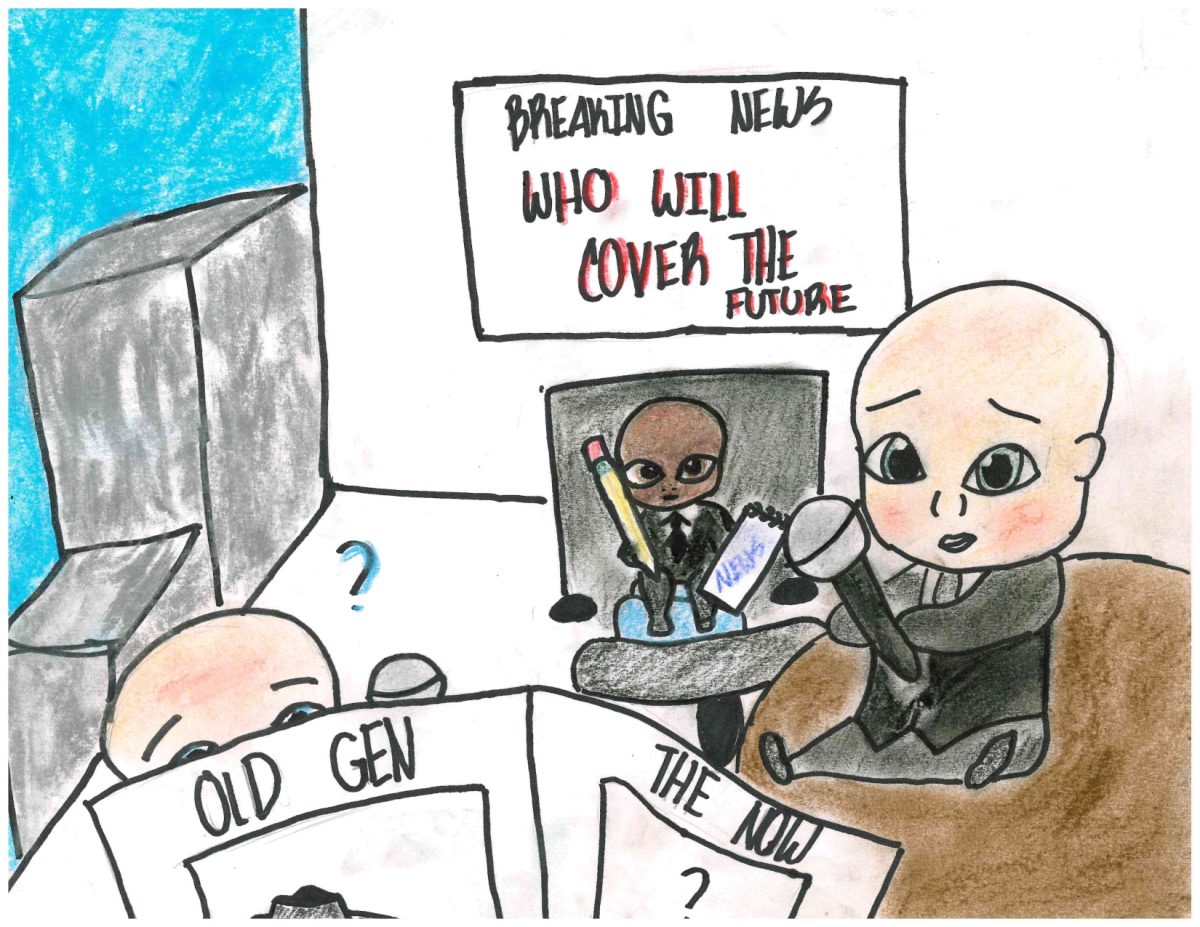Bringing people to justice through mob rule and bullying, cancel culture often creates more harm than good for people, whether they are truly guilty or not.
Cancel culture, a term that has gained popularity in recent years, refers to the practice of withdrawing support for public figures or companies after they have done or said something objectionable, according to the Cambridge Dictionary.
However, lines are being crossed, especially online, regarding this subject.
People, including teenagers with followings, are at risk for being “cancelled,” in unethical ways close to bullying.
The impact that this continues to have is something that needs to be addressed, as it can save people from experiencing hurtful actions.
While canceling culture can be beneficial when it holds people accountable, it can also bring on many different negative outcomes.
There is a difference between holding someone accountable to help them learn from their mistakes and holding them accountable to simply harass or bully them.
One of the strong arguments against the use of cancel culture in our society is the lack of due process.
Many times when people are “canceled,” it is because of illegal activities or circumstances. In cases of cancel culture where peoples careers and social lives are on the line, due process is incredibly important.
People are often “canceled” based on accusations or misunderstandings, without the opportunity for a fair process where they can explain themselves or learn from their mistakes.
Additionally, cancel culture has the potential to have a negative effect on the mental health of those targeted.
“Educating” someone on a topic can go from innocent to destructive rapidly if social media picks up the story and spreads it like wildfire.
For example, if a person with enough of an audience is brought into an issue regarding their actions or words, many are quick to harshly condemn them in very unethical ways.
This is where a lot of bullying stems from, as people think that someone making a mistake means it is okay to throw out harsh words and harassment before they get a chance to explain themselves or apologize.
According to an article by the University of Central Florida, a core element of cancel culture is “public shaming.”
Spewing hate is never a way to resolve a situation.
Bullying, in general, can cause a lot of mental harm, but when it has to do with serious issues and people’s livelihoods are on the line, it should be dealt with properly before someone is “canceled.”
Cancel culture also often overlooks growth and change that individuals can show over time.
All people make mistakes and can learn from them.
Cancel culture fails to take into account someone’s potential for growth or transformation.
In some cases, influencers can be canceled based off of something they said or did years ago, even when they were a kid.
This completely ignores how people change for the better and they will not always have the same outlook on subjects.
It’s important to recognize and understand that as humans, we make mistakes, but “cancel culture” is not the way to deal with the mistakes many have made.
Con: Cancel culture creates injustice through mob rule
Causing mental harm, “cancel culture”, a term that has gained widespread popularity among younger generations, is having detrimental impacts on influencers and everyday people. This is especially true due to the mob mentality around it.
0
More to Discover
About the Contributor

Natalie Helfrich, Social Media Editor







